- Home
- Robert B. Parker
The Judas Goat Page 2
The Judas Goat Read online
Page 2
“They may be sticky about issuing this without your presence.”
“If they are they are. I’ll be there in the morning. Maybe Flanders can have softened them up at least. Don’t you people have a somewhat special status with the London fuzz?”
“We will do what we can, Mr. Spenser,” he said, and hung up.
A little abrupt for a guy with his breeding. I looked at my watch: 2:00. I looked out my office window. On Mass Avenue a thin old man with a goatee was walking a small old dog on a leash. Even from two stories up you could see the leash was new. Bright metal links and a red leather handle. The old man paused and rummaged through a little basket that was attached to a lamppost. The dog sat in that still patient way old dogs have, his short legs a little bowed.
I called Susan Silverman. She wasn’t home. I called my answering service. There were no messages. I told them I was out of town on business. Didn’t know when I’d be back. The girl at the other end took the news without a quiver.
I locked up the office and went home to pack. A suitcase, a flight bag and a garment bag for my other suit. I packed two boxes of .38 bullets in the suitcase. Took the cylinder out of the gun and packed it in two pieces in the flight bag along with the holster. By three-fifteen I was packed. I called Susan Silverman again. No answer.
There are people in the city of Boston who have threatened to kill me. I don’t like to walk around without a gun.
So I took my spare, and stuck it in my belt at the small of my back. It was a Colt .357 Magnum with a four-inch barrel. I kept it around in case I was ever attacked by a fmback whale, and it was heavy and uncomfortable under my coat as I took Carroll’s check down to my bank and cashed it.
“Would you like this in traveler’s checks, Mr. Spenser?”
“No. Plain money. If you have any English money I’d take that.”
“I’m sorry. We could get you some perhaps Friday.”
“No. Just give me the greenies. I’ll change it over there. ”
“Are you sure you want to walk around with this amount in cash?”
“Yes. Look at my boyish face. Would someone mug me?”
“Well, you’re quite a big man.”
“But oh so gentle,” I said.
Back in my apartment at quarter to four I called Susan Silverman again. No answer.
I got out the phone book and called the registrar’s office at the Harvard Summer School.
“I’m trying to locate a student. Mrs. Silverman. She’s taking a couple of courses there in counseling, I think.” There was some discussion of how difficult it would be to find a student like that without more information. They’d transfer me to the School of Education.
The School of Education offices were closing at fourthirty and it would be quite difficult to locate a student. Had I tried the registrar? Yes, I had. Perhaps someone in the Department of Counseling and Guidance could help me. She switched me there. Did I know the professor’s name. No, I didn’t. The course number? No. Well, it would be very difficult.
“Not as difficult as I will be if I have to come over there and kick a professor.”
“I beg your pardon?”
“Just check the schedules. Tell me if there’s a counseling course meeting at this hour or later. You must have schedules. Pretend this isn’t a matter of life and death. Pretend I have a government grant to award. Pretend I’m Solomon Guggenheim.”
“I believe that Solomon Guggenheim is dead,” she said.
“Jesus Christ… ”
“But I’ll check,” she said. “Hold the line, please.” There was distant typing and vague movement at the other end of the line and in thirty seconds the secretary came back on.
“There’s a class in Techniques of Counseling, Professor More, that meets from two-o-five to four fifty-five.”
“Where is it?”
She told me. I hung up and headed for Harvard Square. It was four-twenty.
At four-forty I found a hydrant on Mass Avenue outside the Harvard Yard and parked in front of it. You could usually count on a hydrant. I asked a young woman in tennis shorts and hiking boots to direct me to Sever Hall and at four-fifty-six was waiting under a tree near the steps when Susan came out. She was wearing a blue madras jumpsuit with a big gold zipper, and carrying her books in a huge white canvas shoulder bag. She had a quality coming down the steps that she always had. She looked as if it were her building and she was strolling out to survey the grounds. I felt the jolt. I’d been looking at her for about three years now but every time I saw her I felt a kind of jolt, a body shock that was tangible. It made the muscles in my neck and shoulders tighten. She saw me and her face brightened and she smiled.
Two undergraduates eyed her covertly. The jumpsuit fitted her well. Her dark hair glistened in the sunshine and as she got close I could see my reflection in the opaque lenses of her big sunglasses. My white three-piece suit looked terrific.
She said to me, “I beg your pardon, are you a Greek multibillionaire shipping magnate and member of the international jet set?”
I said, “Yes, I am, would you care to marry me and live on my private island in great luxury?”
She said, “Yes, I would, but I’m committed to a smalltime thug in Boston and first I’ll have to shake him.”
“It’s not the thug I mind,” I said. “It’s the small-time.”
She hooked her arm through mine and said, “You’re big-time with me, kid.”
As we walked through the Yard several students and faculty eyed Susan. I didn’t blame them but looked hard at them anyway. It’s good to keep in practice.
“Why are you here?” she said.
“I gotta go to England at eight tonight and I wanted some time to say goodbye.”
“How long?”
“I don’t know. Could be long. Could be some months. I can’t tell.”
“I will miss you,” she said.
“We’ll miss each other.”
“Yes.”
“I’m parked out on Mass Avenue.”
“I parked at Everett Station and took the subway in. We can go to your apartment and I’ll drive you to the airport in your car.”
“Okay,” I said. “But don’t be so bossy. You know how I hate a bossy broad.”
“Bossy?”
“Yeah.”
“Did you have a plan for our farewell celebration?”
“Yeah. ”Forget it.“
“Okay, boss.” She squeezed my arm and smiled. It was a stunner of a smile. There was something in it. Mischief was too weak a word. Evil too strong. But it was always there in the smile. Something that seemed to be saying, You know what would be fun to do? I held the door for her and as she slid into my car the jumpsuit stretched tight and smooth over her thigh. I went around and got in and started the car. “It strikes me,” I said, “that if you were wearing underwear beneath that jumpsuit it would show. It doesn’t show. ”
“That’s for me to know and you to find out, big fella.”
“Oh, good,” I said, “the celebration is back on.”
4
I found out about the underwear, and some other things. Most of the other things I already knew, but it was a pleasure to be reminded. Afterward we lay on, top of my bed, with the afternoon sun shining in. Her body, strong, and a little damp from mutual exertion, glistened where the sun touched it. “You are a strong and active person,” I said. “Regular exercise,” she said. “And a positive attitude.”
“I think you wrinkled my white linen suit.”
“It would have wrinkled on the airplane anyway.” We got dressed and walked up Boylston Street and across the Prudential Center to a restaurant called St. Botolph. It was one of the zillion California-theme restaurants that had appeared in the wake of urban renewal like dandelions on a new seeded lawn. Tucked back of the Colonnade Hotel, it was brick and had hanging plants and relative informality where one could actually get a good meat loaf. Among other things. I had the meat loaf and Susan had scallops Provençale.
There wasn’t much to say. I told her about the job. “Bounty hunter,” she said. “Yeah, I guess so. Just like the movies.”
“Do you have a plan?” Her make-up was expert. Eye liner, eye shadow, color on the cheekbones, lipstick. She probably looked better at forty than she had at twenty. There were small lines at the corners of her eyes, and smile suggestions at the edges of her mouth that added to her face, gave it pattern and meaning. “Same old plan I always have. I’ll show up and mess around and see if I can get something stirring and see what happens. Maybe put an ad in the papers offering a big reward.”
“A group like that? Do you think a reward could get one of them to turn another in?” I shrugged. “Maybe. Maybe it would get them to make contact with me. One way or another. I have to have a contact. I need a Judas goat.”
“Might they try to kill you if they know you’re there?”
“Maybe. I plan to thwart them.”
“And then you’ll have your contact,” Susan said. “Yeah.” She shook her head. “This will not be a pleasant time for me.”
“I know… I won’t like it that much either.”
“Maybe part of you won’t. But you’re having a grand adventure too. Tom Swift, Bounty Hunter. Part of you will have a wonderful time.”
“That was truer before I knew you,” I said. “Even bounty hunting is less fun without you.”
“I think that’s true. I appreciate it. I know that you are what you are. But if I lose you it will be chronic. It will be something I’ll never completely get over.”
“I’ll come back,” I said. “I won’t die away from you.”
“Oh, Jesus,” she said, and her voice filled. She turned her head away. My throat was very tight and my eyes burned. “I know the feeling,” I said. “If I weren’t such a tough manly bastard, I might come very close to sniffling a little myself.” She turned back toward me. Her eyes were very shiny, but her face was smooth and she said, “Well, maybe you, cupcake, but not me. I’m going to do one excerpt from my famous Miss Kitty impression and then we are going to laugh and chatter brightly till flight time.” She put her hand on my forearm, and looked at me hard and leaned forward and said, “Be careful, Matt.”
“A man’s gotta do what he’s gotta do, Kitty,” I said. “Let’s have a beer.” We were chatty and bright for the rest of the meal and the ride to the airport. Susan dropped me off at the International Terminal. I got out, unlocked the trunk, took out my luggage, put the .357 in the trunk, locked it and leaned into the car. “I won’t go in with you,” she said. “Sitting and waiting in airports is too dismal. Send me a postcard. I’ll be here when you come back.” I kissed her goodbye and hauled my luggage into the terminal. The tickets were at the Pan Am desk as promised. I picked them up, checked my luggage through and went up to wait at the loading gate. It was a slow night at the International Terminal. I cleared the security check, found a seat near the boarding ramp and got out my book. I was working on a scholarly book that year. Regeneration Through Violence, by a guy named Richard Slotkin. A friend of Susan’s had lent it to me to read because he wanted what he called “an untutored reaction from someone in the field.” He was an English teacher at Tufts and could be excused that kind of talk. More or less. I liked the book but I couldn’t concentrate. Sitting alone at night in an airport is a lonely feeling. And waiting to fly away to another country, by yourself, on a nearly empty plane was very lonely. I half decided to turn around and call Susan and say come get me. I minded being alone more as I got older. Or was it just Susan. Either way. Ten years ago this would have been a great adventure. Now I wanted to run. At eight-thirty we boarded. At eight-fifty we took off. By nine-fifteen I had my first beer from the stewardess and a bag of Smokehouse Almonds. I began to feel better. Tomorrow perhaps I could have dinner in Simpson’s and maybe for lunch I could find a nice Indian restaurant. By ten I had drunk three beers and eaten perhaps half a pound of almonds. The flight was not crowded and the stewardess was attentive. Probably drawn by the elegance of my three-piece linen suit. Even wrinkled. I read my book and ignored the movie and listened to the oldies but goodies channel on the headphones and had a few more beers, and my mood brightened some more. After midnight I stretched out across several seats and took a nap. When I woke up the stewardesses were serving coffee and rolls and the sun was shining in the windows. We landed at Heathrow Airport outside of London at ten-fifty-five London time and I stumbled off the plane, stiff from sleeping on the seats. The coffee and rolls were sloshing around with the beer and Smokehouse Almonds. For simple hodgepodge confusion and complicated extent, Heathrow Airport’s name leads all the rest. I followed arrows and took Bus A and followed more arrows and finally found myself in the line at the passport window. The clerk looked at my passport, smiled and said, “Nice to see you, Mr. Spenser. Would you please step over to the security office, there.”
“They’ve reported me. I’m to be arrested for excessive beer consumption on an international flight.” The clerk smiled and nodded toward the security office. “Right over there, please, sir.” I took my passport and went to the office. Inside was a security officer in uniform and a tall thin man, with long teeth, smoking a cigarette and wearing a dark green shirt with a brown tie. “My name is Spenser,” I said. “People at the passport desk sent me over.” The tall thin guy said, “Welcome to England, Spenser. I’m Michael Flanders.” We shook hands. “Do you have baggage checks?” I did. “Let me have them, will you. I’ll have your baggage taken care of.” He gave the checks to the security man, and steered me out of the office with his hand on my elbow. We came out a different door and I realized we’d cleared customs. Flanders reached inside his tweed jacket and brought out an envelope with my name on it. “Here,” he said. “I was able to arrange this with the authorities this morning.” I opened the envelope. It was a gun permit. “Not bad,” I said. We came out of the terminal building underneath one of the walkways that connects the second floors of everything at Heathrow. A black London cab was there and a porter was loading my luggage in while the security man watched. “Not bad,” I said. Flanders smiled. “Nothing, really. Mr. Dixon’s name has considerable sway here as it does in so many places.” He gestured me into the cab, the driver came around and said something I didn’t understand and we started off. Flanders said to the cabbie, “Mayfair Hotel, if you would.” And leaned back and lit another cigarette. His fingers were long and bony and stained with nicotine. “We’re putting you up in the Mayfair,” he said to me. “It’s a first-rate hotel and nicely located. I hope it will be satisfactory.”
“Last case I was on,” I said, “I slept two nights in rented Pinto. I can make do okay in the Mayfair.”
“Well, good,” he said. “You know why I’m here,” I said. “I do.”
“What can you tell me?”
“Not very much, I’m afraid. Perhaps when we get you settled we can have lunch and talk about it. I imagine you’d like to freshen up a bit, get that suit off to the dry cleaners. ”
“Sure wrinkles on an airplane, doesn’t it?”
“Indeed.”
5
The Mayfair was a big flossy-looking hotel near Berkeley Square. Flanders paid the cabbie, turned the bags over to the hall porter and steered me to the desk. He didn’t seem to have a lot of confidence in me. A hired thug from the provinces, can barely speak the language, no doubt. I checked my heel for a cow flap. My room had a bed, a bureau, a blue wing chair, a small mahogany table and a white tiled bathroom. The window looked out over an airshaft into the building next door. Old-world charm. Flanders tipped the bell man, and checked his watch. “One o’clock,” he said. “Perhaps you’d like to take the afternoon and get settled, then we could have dinner and I could tell you what I know. Do you need money?”
“I have money, but I need pounds,” I said. “Yes,” he said. “Of course. I’ll have it changed for you.” He took a big wallet from inside his jacket pocket. “Here’s one hundred pounds,” he said, “should you need it to hold y
ou over.”
“Thanks.” I took my wallet out of my left hip pocket, and dug out $2500. “If you could change that for me, I’d appreciate it. Take out the hundred.” He looked at my wallet with some distaste. It was fat and slovenly. “No need,” he said. “Mr. Dixon’s money, you know. He’s been quite explicit about treating you well.”
“So far so good,” I said. “I won’t tell him you got me a room on an airshaft. ”
“I am sorry about that,” Flanders said. “It’s peak season for touists, you know, and the notice was short.”
“My lips are sealed,” I said. Flanders smiled tentatively. He wasn’t sure if he was being kidded. “Shall I come by for you, say six?”
“Six is good, but why not meet somewhere. I can find my way. If I get lost I’ll ask a cop.”
“Very well, would you care to try Simpson’s-on-the-Strand? It’s rather a London institution.”
“Good, see you there at six-fifteen.” He gave me the address and departed.
I unpacked and reassembled my gun, loaded it and put it on the night table. Then I shaved, brushed my teeth and took a shower. I picked up the phone and asked the front desk to call me at five-thirty. Then I took a nap on the top of the spread. I missed Susan.
At five-forty-five, vigorous and alert, with a spring in my step and my revolver back in its hip holster, I strode out the main entrance of the Mayfair. I turned down Berkeley Street and headed for Piccadilly. I had a city map that I’d bought in a shop in the hotel, and I’d been in London once before a few years back, before Susan, when I’d come for a week with Brenda Loring.
I walked down Piccadilly, stopped at Fortnum and Mason and looked at the package food stuffs in the window. I was excited. I like cities and London was a city the way New York is a city. The fun it would be to stroll around Fortnum and Mason with Susan and buy some smoked quail’s eggs or a jellied game hen or something imported from the Khyber Pass. I moved on up into Piccadilly Circus, which was implacably ordinary, movie theaters and fast foods, turned right on Haymarket and walked on down to Trafalgar Square, Nelson and the lions, and the National Gallery and the goddamned pigeons. Kids were in competition to see who could accumulate the most pigeons on and around them.

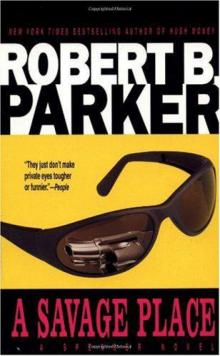 A Savage Place s-8
A Savage Place s-8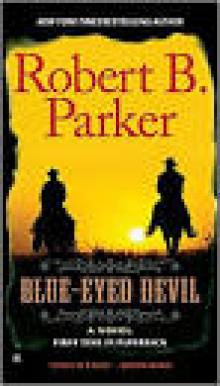 Appaloosa / Resolution / Brimstone / Blue-Eyed Devil
Appaloosa / Resolution / Brimstone / Blue-Eyed Devil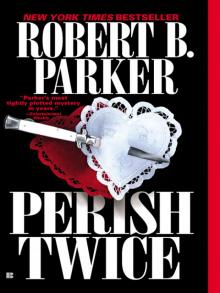 Perish Twice
Perish Twice Spare Change
Spare Change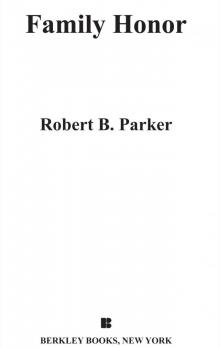 Family Honor
Family Honor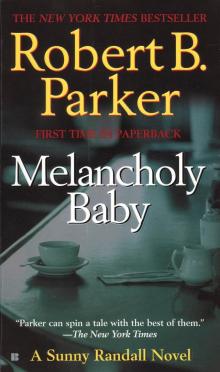 Melancholy Baby
Melancholy Baby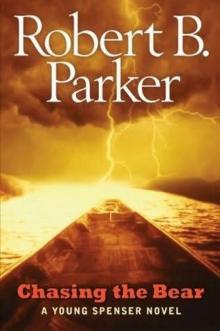 Chasing the Bear
Chasing the Bear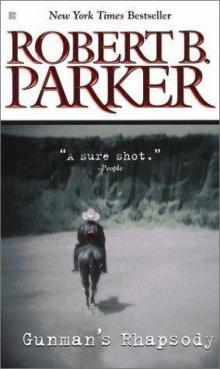 Gunman's Rhapsody
Gunman's Rhapsody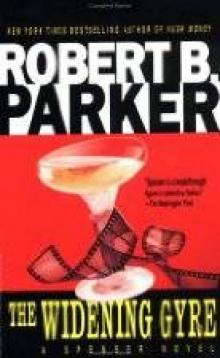 The Widening Gyre
The Widening Gyre Thin Air
Thin Air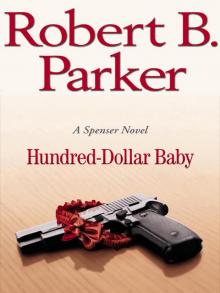 Hundred-Dollar Baby
Hundred-Dollar Baby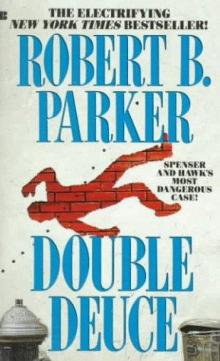 Double Deuce s-19
Double Deuce s-19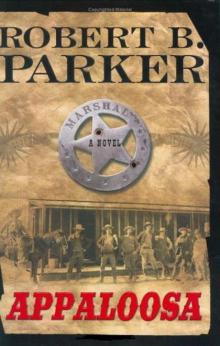 Appaloosa vcaeh-1
Appaloosa vcaeh-1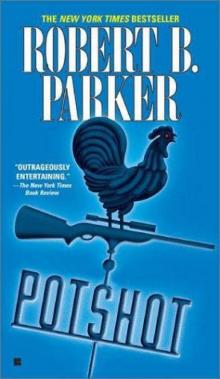 Potshot
Potshot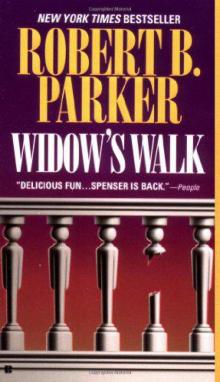 Widow’s Walk s-29
Widow’s Walk s-29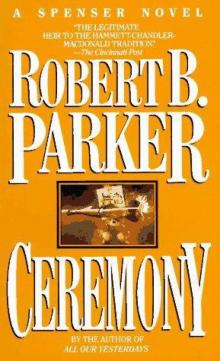 Ceremony s-9
Ceremony s-9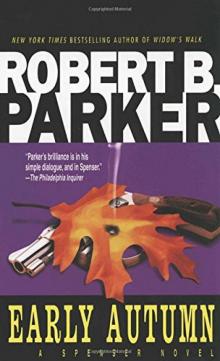 Early Autumn
Early Autumn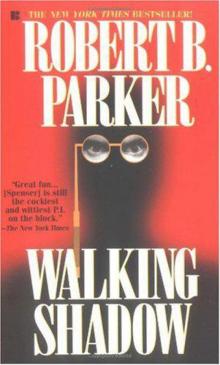 Walking Shadow s-21
Walking Shadow s-21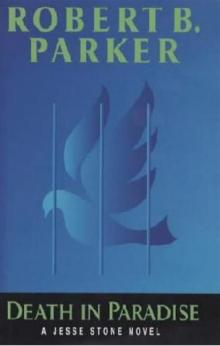 Death In Paradise js-3
Death In Paradise js-3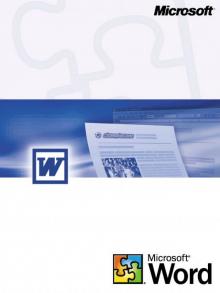 Shrink Rap
Shrink Rap Blue-Eyed Devil
Blue-Eyed Devil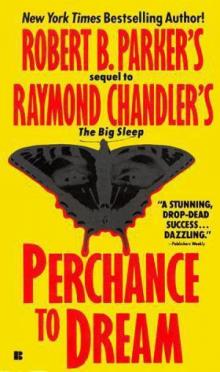 Perchance to Dream
Perchance to Dream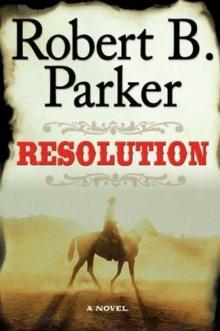 Resolution vcaeh-2
Resolution vcaeh-2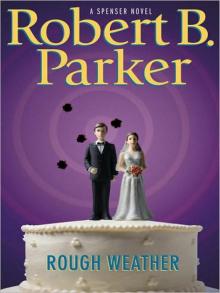 Rough Weather
Rough Weather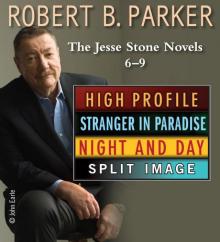 The Jesse Stone Novels 6-9
The Jesse Stone Novels 6-9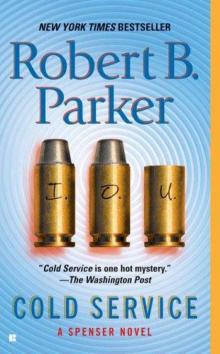 Cold Service s-32
Cold Service s-32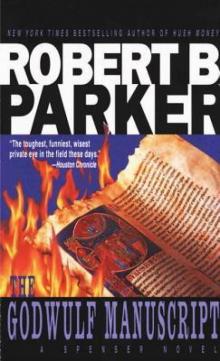 The Godwulf Manuscript
The Godwulf Manuscript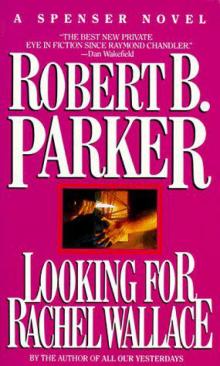 Looking for Rachel Wallace s-6
Looking for Rachel Wallace s-6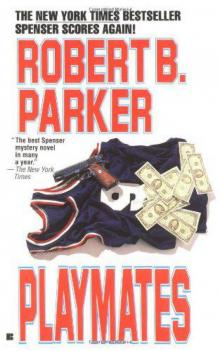 Playmates s-16
Playmates s-16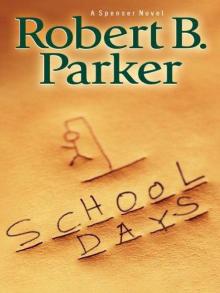 School Days s-33
School Days s-33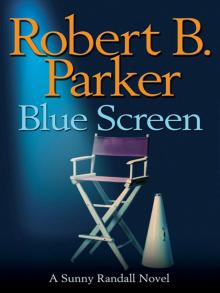 Blue Screen
Blue Screen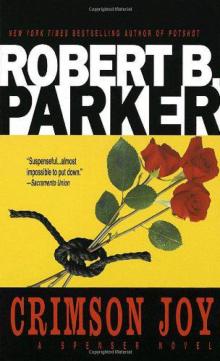 Crimson Joy
Crimson Joy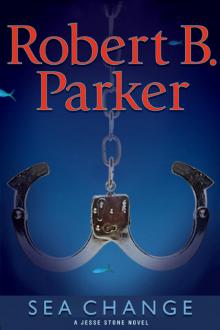 Sea Change js-5
Sea Change js-5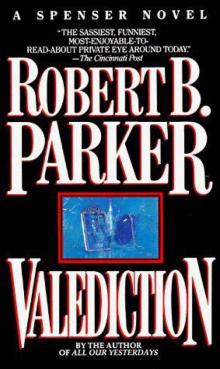 Valediction s-11
Valediction s-11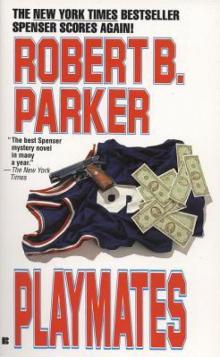 Playmates
Playmates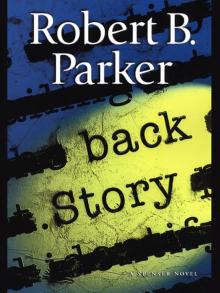 Back Story
Back Story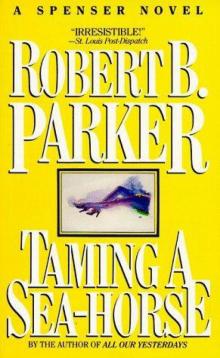 Taming a Sea Horse
Taming a Sea Horse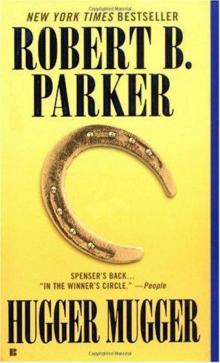 Hugger Mugger
Hugger Mugger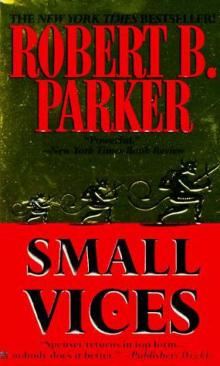 Small Vices s-24
Small Vices s-24 Silent Night: A Spenser Holiday Novel
Silent Night: A Spenser Holiday Novel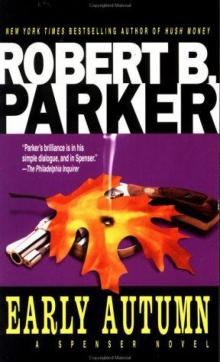 Early Autumn s-7
Early Autumn s-7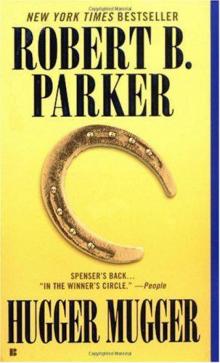 Hugger Mugger s-27
Hugger Mugger s-27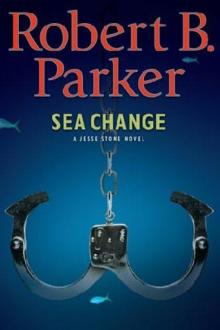 (5/10) Sea Change
(5/10) Sea Change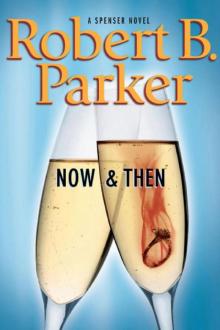 Now and Then
Now and Then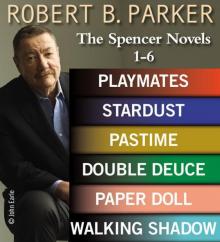 Robert B. Parker: The Spencer Novels 1?6
Robert B. Parker: The Spencer Novels 1?6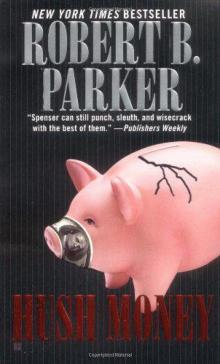 Hush Money s-26
Hush Money s-26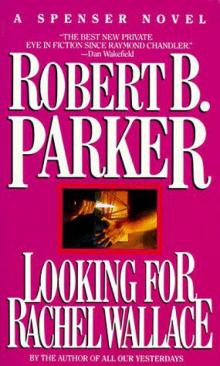 Looking for Rachel Wallace
Looking for Rachel Wallace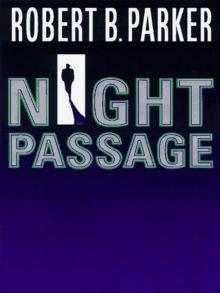 Night Passage
Night Passage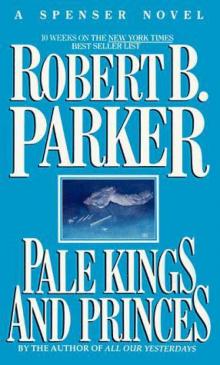 Pale Kings and Princes
Pale Kings and Princes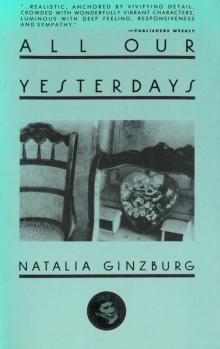 All Our Yesterdays
All Our Yesterdays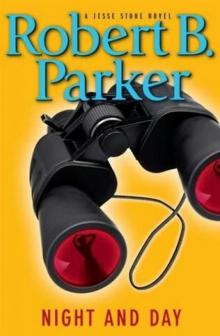 Night and Day js-8
Night and Day js-8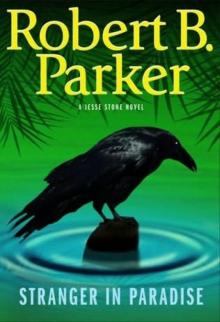 Stranger in Paradise js-7
Stranger in Paradise js-7 Double Play
Double Play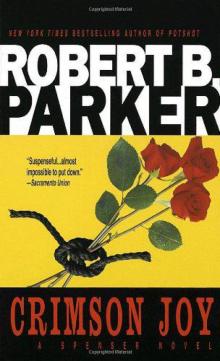 Crimson Joy s-15
Crimson Joy s-15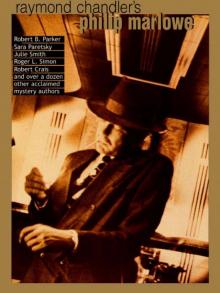 Raymond Chandler's Philip Marlowe
Raymond Chandler's Philip Marlowe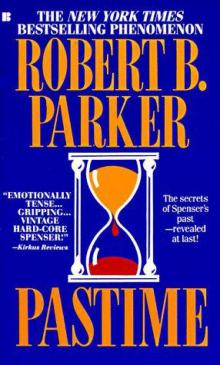 Pastime
Pastime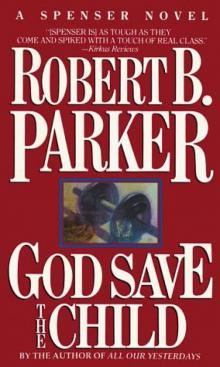 God Save the Child s-2
God Save the Child s-2 Bad Business
Bad Business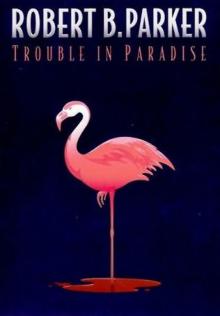 Trouble in Paradise js-2
Trouble in Paradise js-2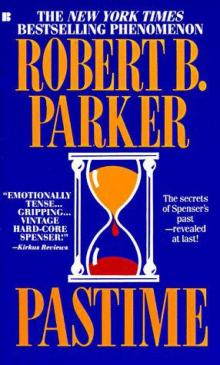 Pastime s-18
Pastime s-18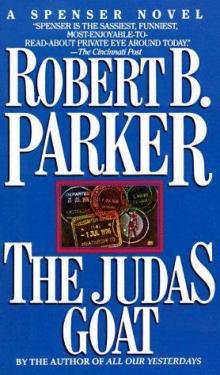 The Judas Goat s-5
The Judas Goat s-5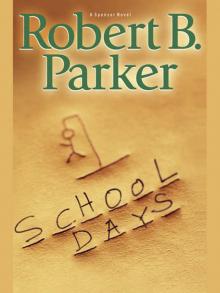 School Days
School Days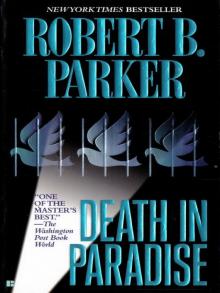 Death In Paradise
Death In Paradise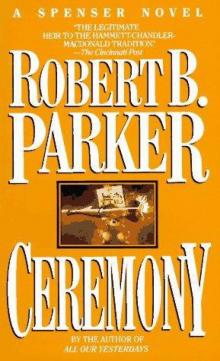 Ceremony
Ceremony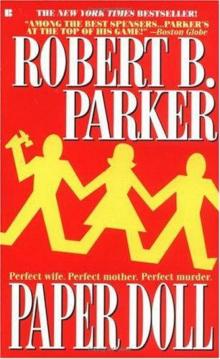 Paper Doll s-20
Paper Doll s-20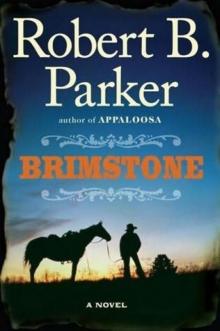 Brimstone vcaeh-3
Brimstone vcaeh-3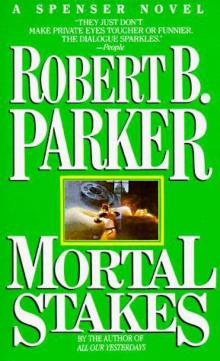 Mortal Stakes s-3
Mortal Stakes s-3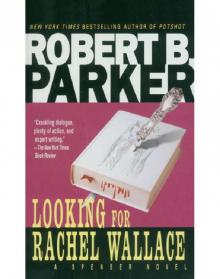 Spencer 06 - Looking for Rachel Wallace
Spencer 06 - Looking for Rachel Wallace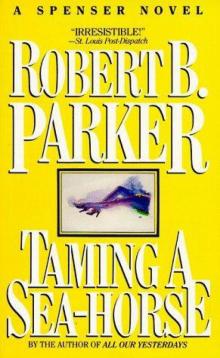 Taming a Sea Horse s-13
Taming a Sea Horse s-13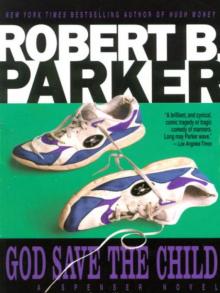 God Save the Child
God Save the Child Chance
Chance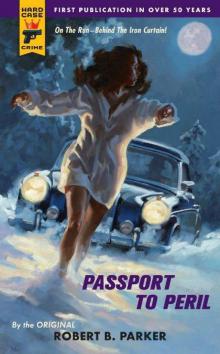 Passport To Peril hcc-57
Passport To Peril hcc-57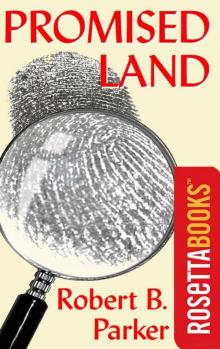 Promised Land
Promised Land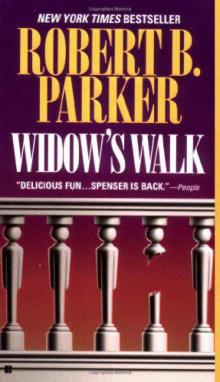 Widow’s Walk
Widow’s Walk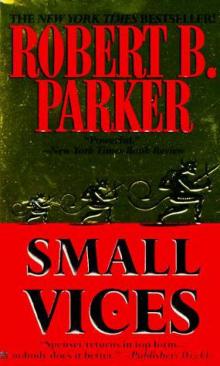 Small Vices
Small Vices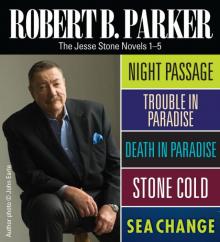 Robert B Parker: The Jesse Stone Novels 1-5
Robert B Parker: The Jesse Stone Novels 1-5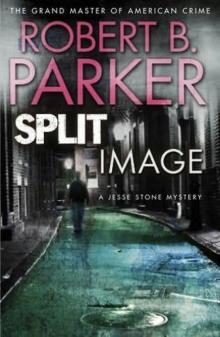 Split Image js-9
Split Image js-9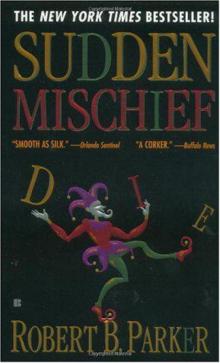 Sudden Mischief s-25
Sudden Mischief s-25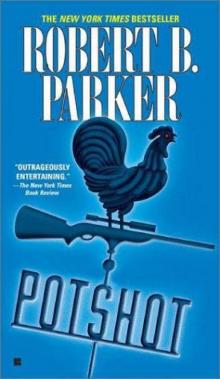 Potshot s-28
Potshot s-28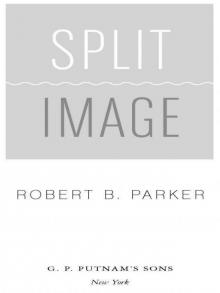 Split Image
Split Image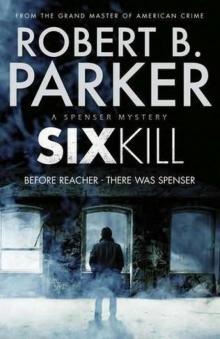 Sixkill s-40
Sixkill s-40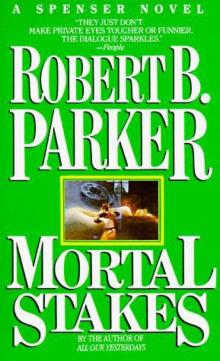 Mortal Stakes
Mortal Stakes Stardust
Stardust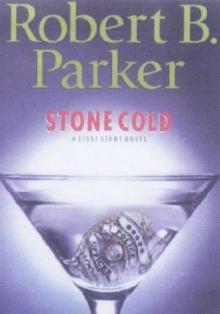 Stone Cold js-4
Stone Cold js-4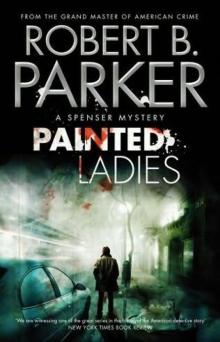 Painted Ladies s-39
Painted Ladies s-39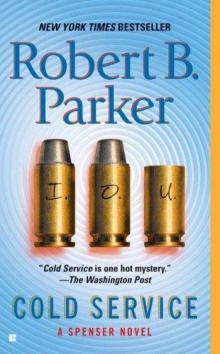 Cold Service
Cold Service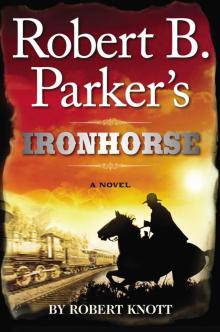 Ironhorse
Ironhorse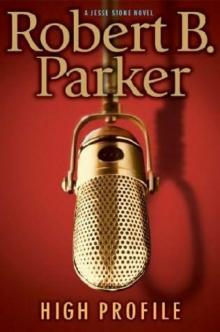 High Profile js-6
High Profile js-6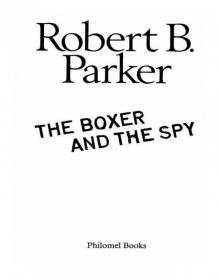 The Boxer and the Spy
The Boxer and the Spy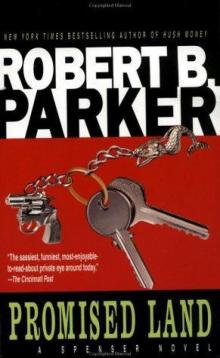 Promised Land s-4
Promised Land s-4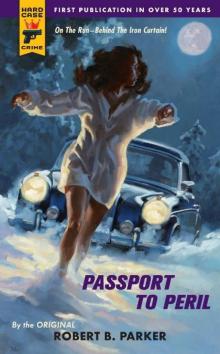 Passport to Peril (Hard Case Crime (Mass Market Paperback))
Passport to Peril (Hard Case Crime (Mass Market Paperback))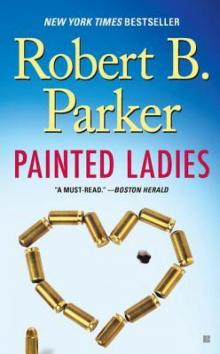 Painted Ladies
Painted Ladies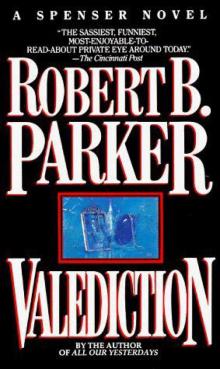 Valediction
Valediction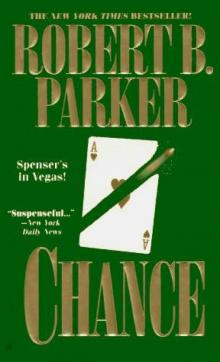 Chance s-23
Chance s-23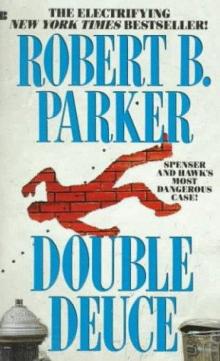 Double Deuce
Double Deuce Wilderness
Wilderness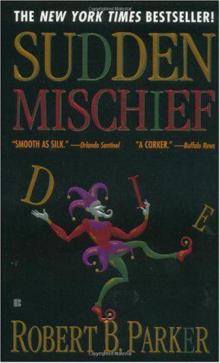 Sudden Mischief
Sudden Mischief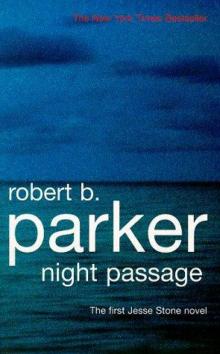 Night Passage js-1
Night Passage js-1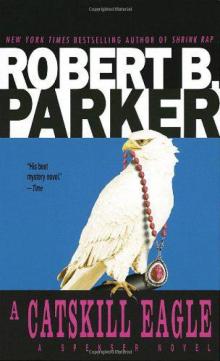 A Catskill Eagle
A Catskill Eagle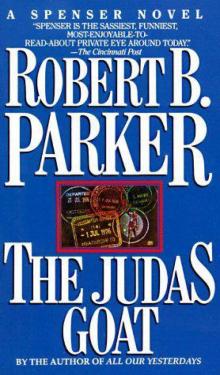 The Judas Goat
The Judas Goat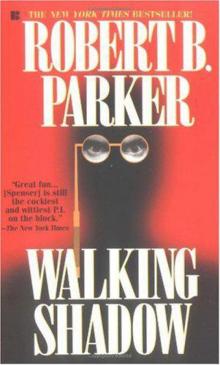 Walking Shadow
Walking Shadow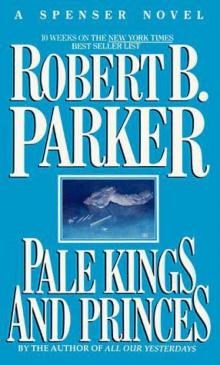 Pale Kings and Princes s-14
Pale Kings and Princes s-14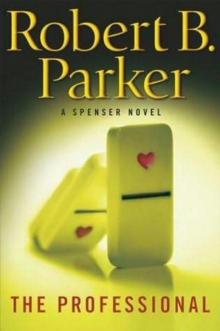 The Professional
The Professional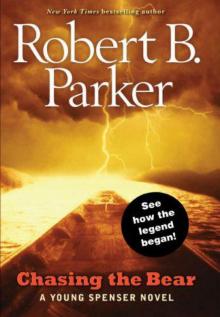 Chasing the Bear s-37
Chasing the Bear s-37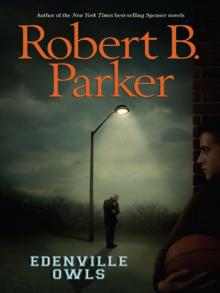 Edenville Owls
Edenville Owls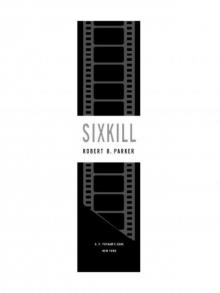 Sixkill
Sixkill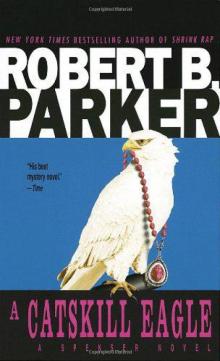 A Catskill Eagle s-12
A Catskill Eagle s-12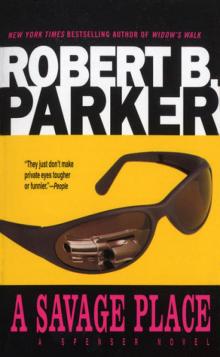 A Savage Place
A Savage Place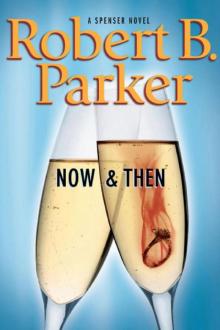 Now and Then s-35
Now and Then s-35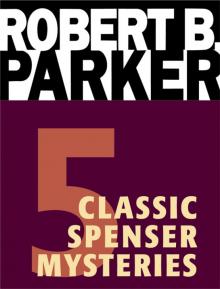 Five Classic Spenser Mysteries
Five Classic Spenser Mysteries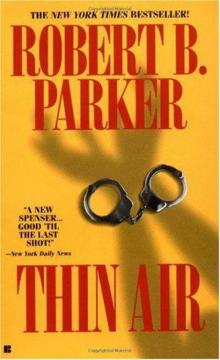 Thin Air s-22
Thin Air s-22